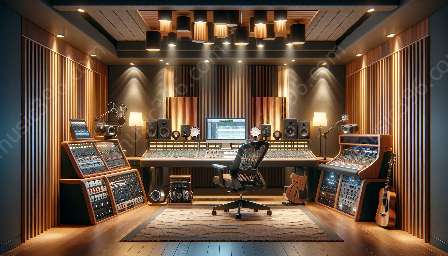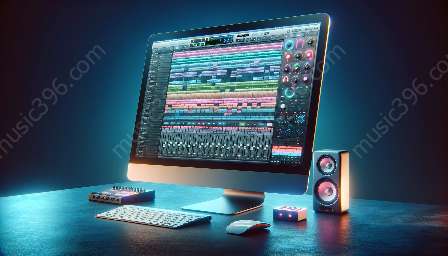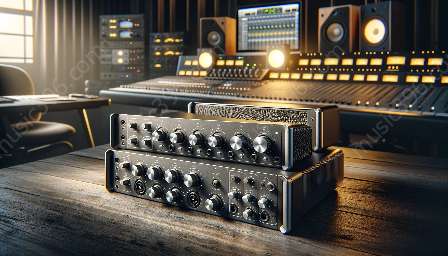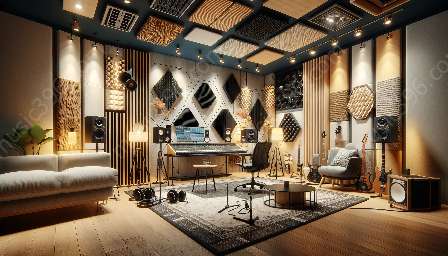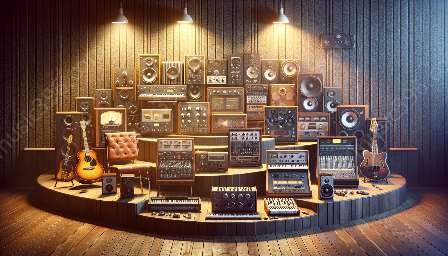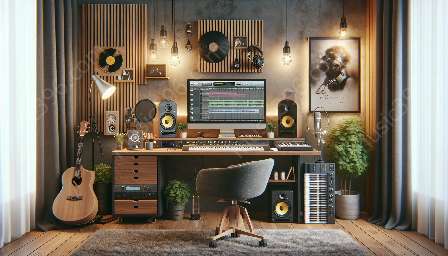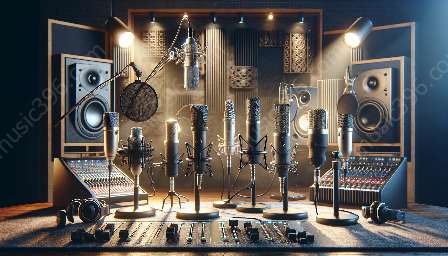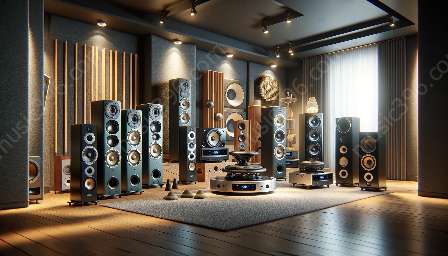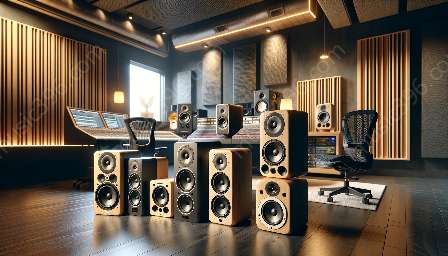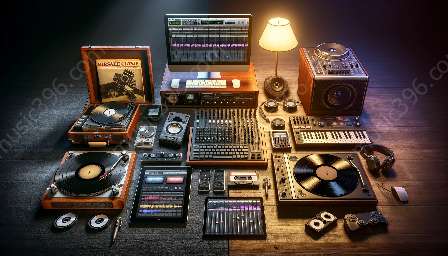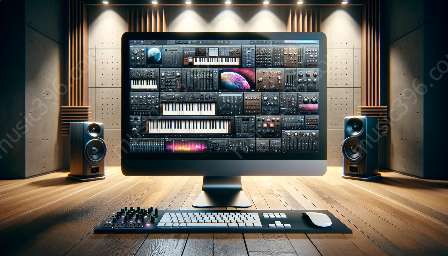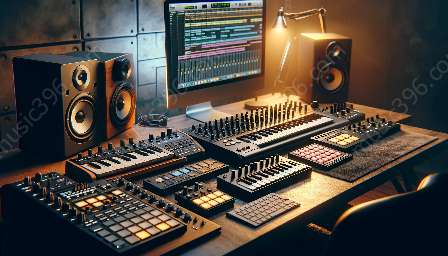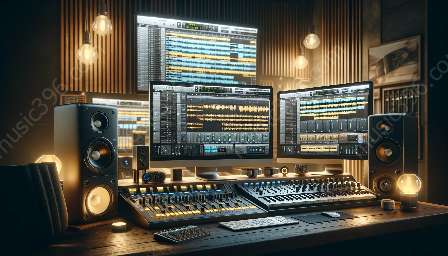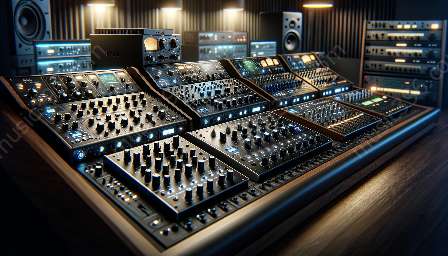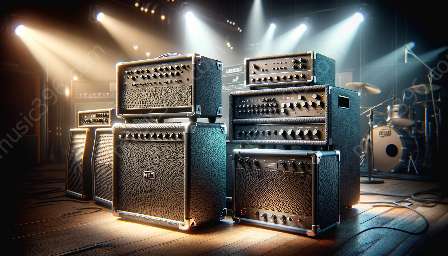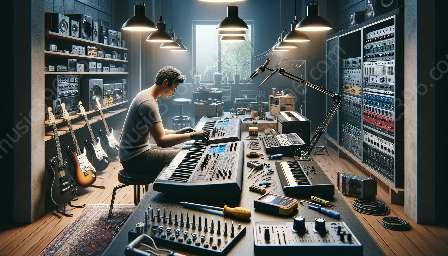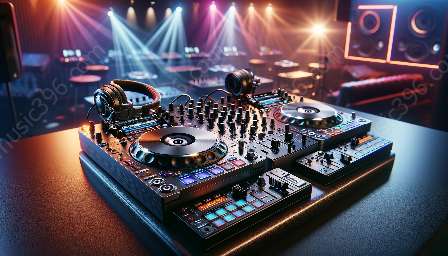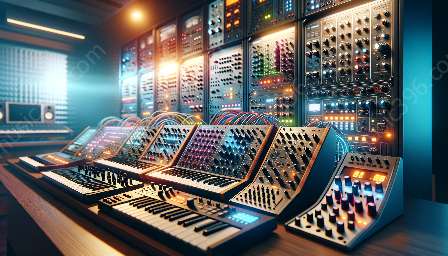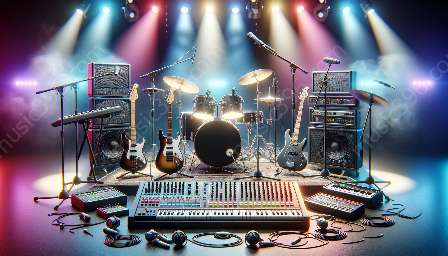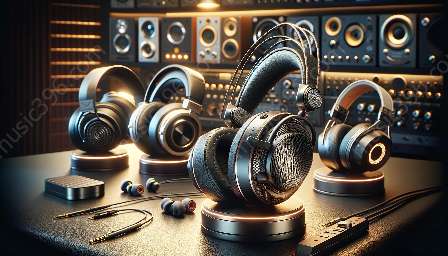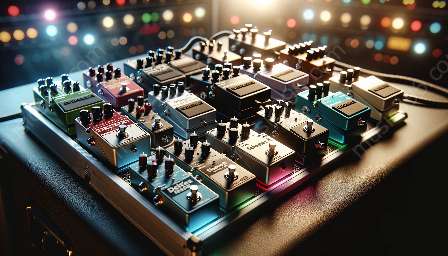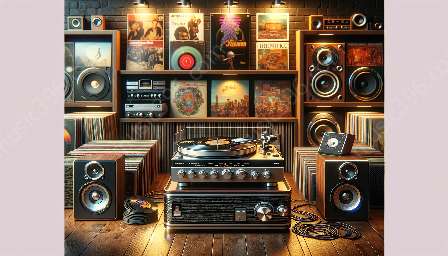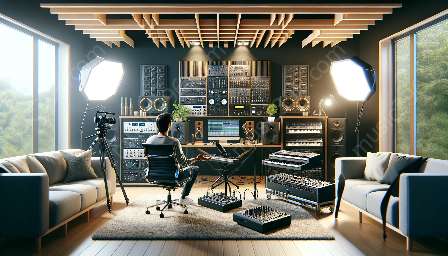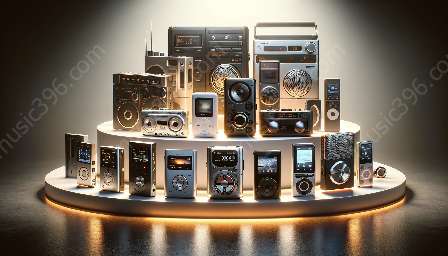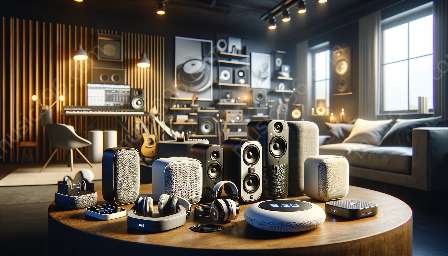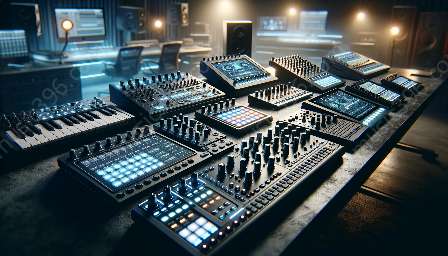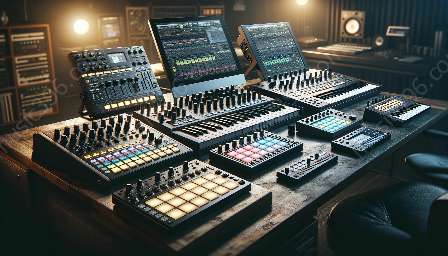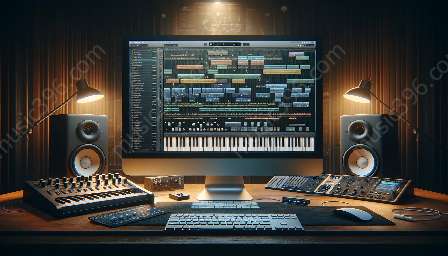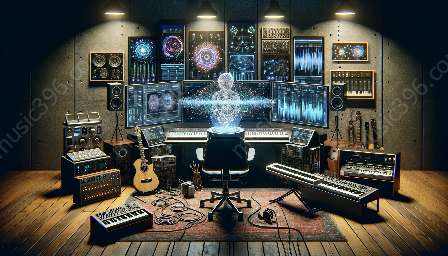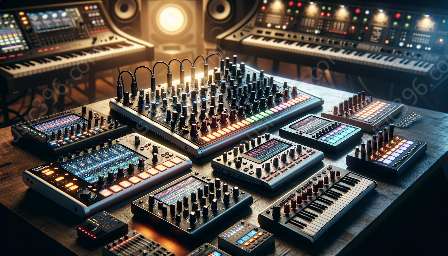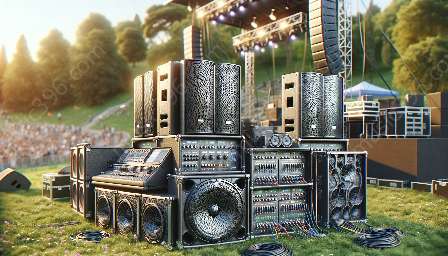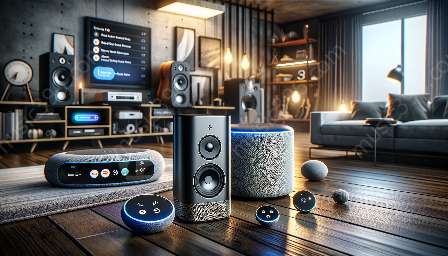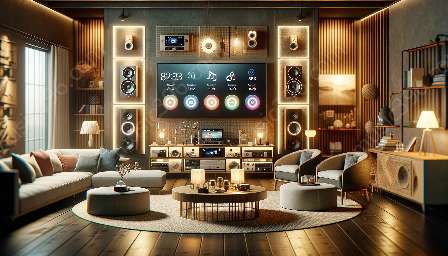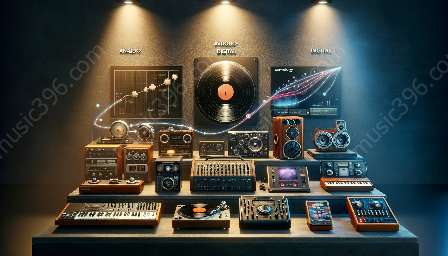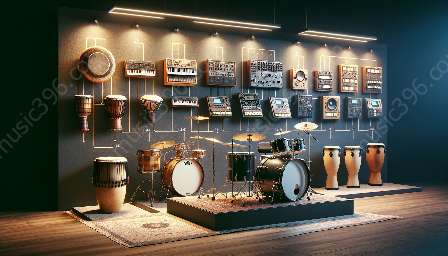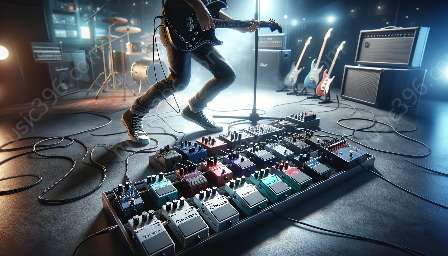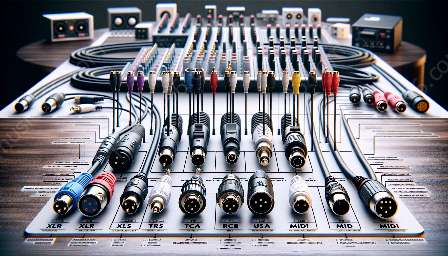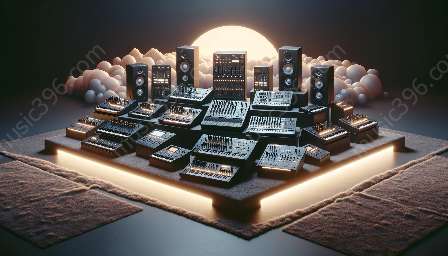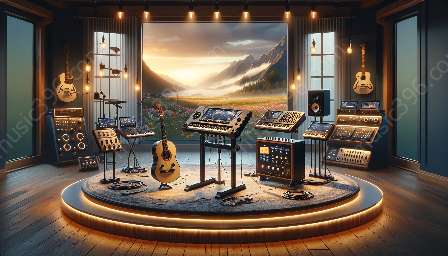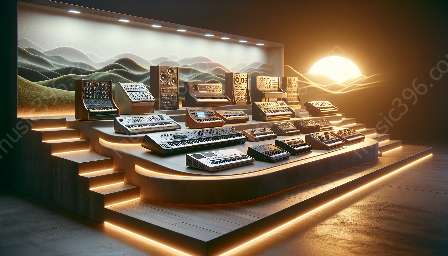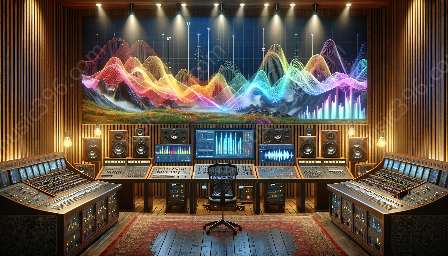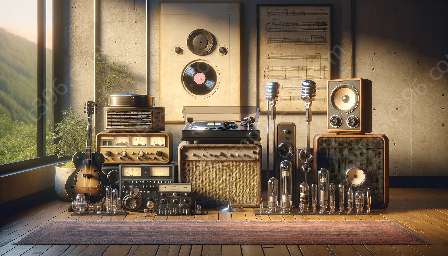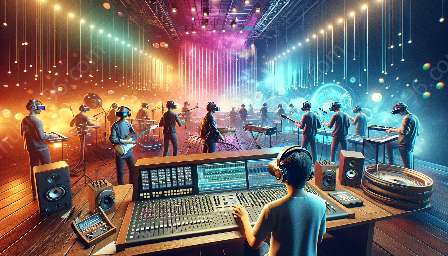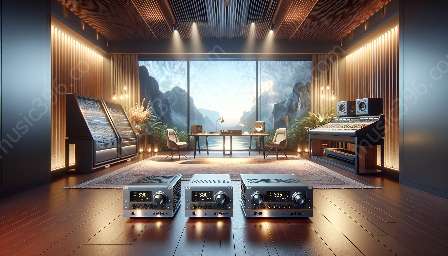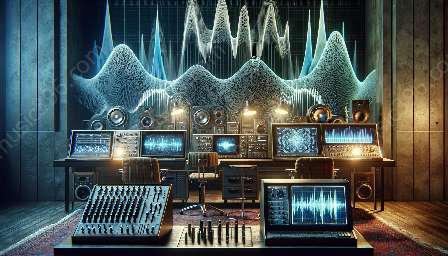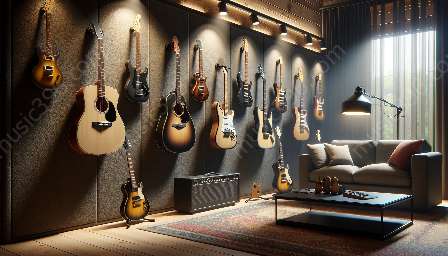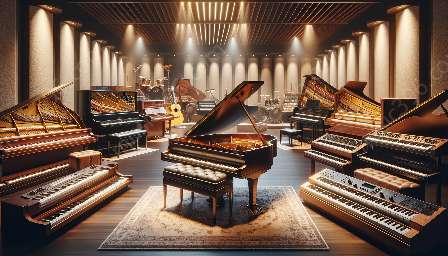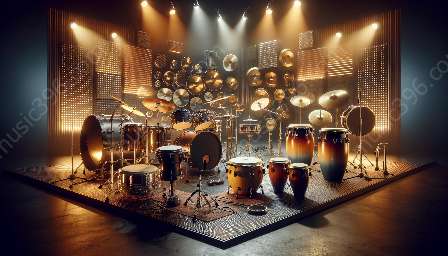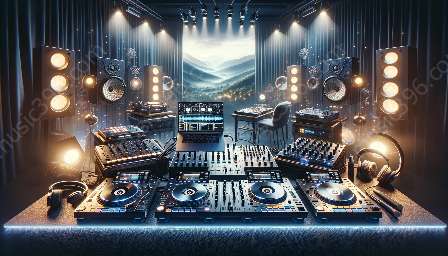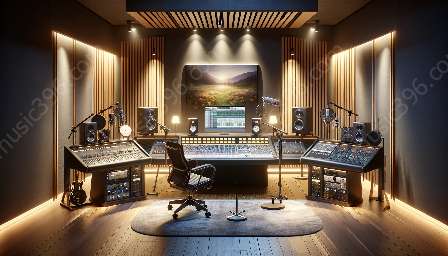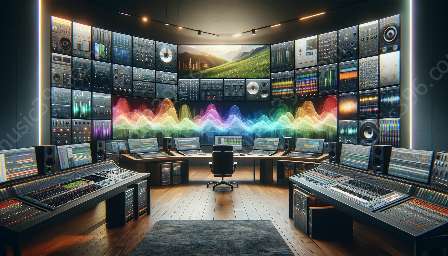In the world of music production, studio design and setup play a crucial role in the quality and clarity of the sound. Among the many elements that impact the overall sonic experience, acoustics stand out as one of the most essential factors. This article will explore the significance of acoustics in studio design and setup, its relevance to music equipment reviews, and its relationship with music equipment and technology.
Understanding Acoustics
Acoustics refers to the science of sound and its behavior in various environments. In the context of studio design, acoustics focuses on managing the way sound travels, reflects, and interacts within a space. It encompasses the control of reverberation, echoes, reflections, and frequency response to achieve optimal audio reproduction.
Impact on Music Equipment Reviews
Acoustic considerations can greatly influence music equipment reviews, as the quality of sound reproduction is a key aspect of evaluating musical devices. When studio acoustics are not properly addressed, even the best equipment may fail to deliver its full potential, leading to inaccurate and misleading reviews. Conversely, a well-designed acoustically treated studio can showcase the true capabilities of music equipment, resulting in more accurate and reliable reviews.
Acoustic Treatment
Acoustic treatment involves the strategic placement of sound-absorbing and diffusing materials to manage the reflections and reverberations within a room. This process aims to minimize unwanted sonic artifacts, such as standing waves and flutter echoes, which can distort the original sound. By implementing effective acoustic treatment, the accuracy and precision of music equipment reviews can be significantly enhanced.
Integration with Music Equipment and Technology
Acoustics also play a pivotal role in the integration of music equipment and technology within a studio environment. Properly designed acoustics can promote an optimal listening environment, ensuring that the output of music equipment is faithfully represented. This is particularly important in critical listening scenarios, such as mixing and mastering, where the accuracy of sound reproduction directly impacts the quality of the final audio product.
Speaker Placement and Room Calibration
Acoustic considerations extend to the placement of studio monitors and the calibration of room acoustics for accurate audio monitoring. By accounting for room dimensions, reflective surfaces, and acoustic properties, music equipment and technology can be effectively integrated into the studio environment, contributing to improved sound quality and performance.
Optimizing Studio Acoustics
To achieve optimal acoustics in a studio setup, various techniques and tools can be utilized. Room measurement and analysis software, acoustic panels, bass traps, diffusers, and specialized construction materials are commonly employed to address specific acoustic challenges within a space. Additionally, the strategic layout of furniture, instruments, and equipment can contribute to a balanced acoustic environment.
Collaboration with Manufacturers
Manufacturers of music equipment and technology often recognize the significance of studio acoustics and may provide guidelines or recommendations for optimizing their products in different acoustic environments. By collaborating with manufacturers, studio designers and engineers can leverage valuable insights to tailor the acoustic setup to the specific requirements of the equipment, resulting in improved overall performance and user experience.
Conclusion
Acoustics are undeniably crucial in studio design and setup, with profound implications on music equipment reviews and the integration of music equipment and technology. By prioritizing acoustics, creators can ensure that the true potential of their equipment is realized, leading to accurate reviews, high-quality audio production, and an enhanced listening experience for both professionals and enthusiasts.

